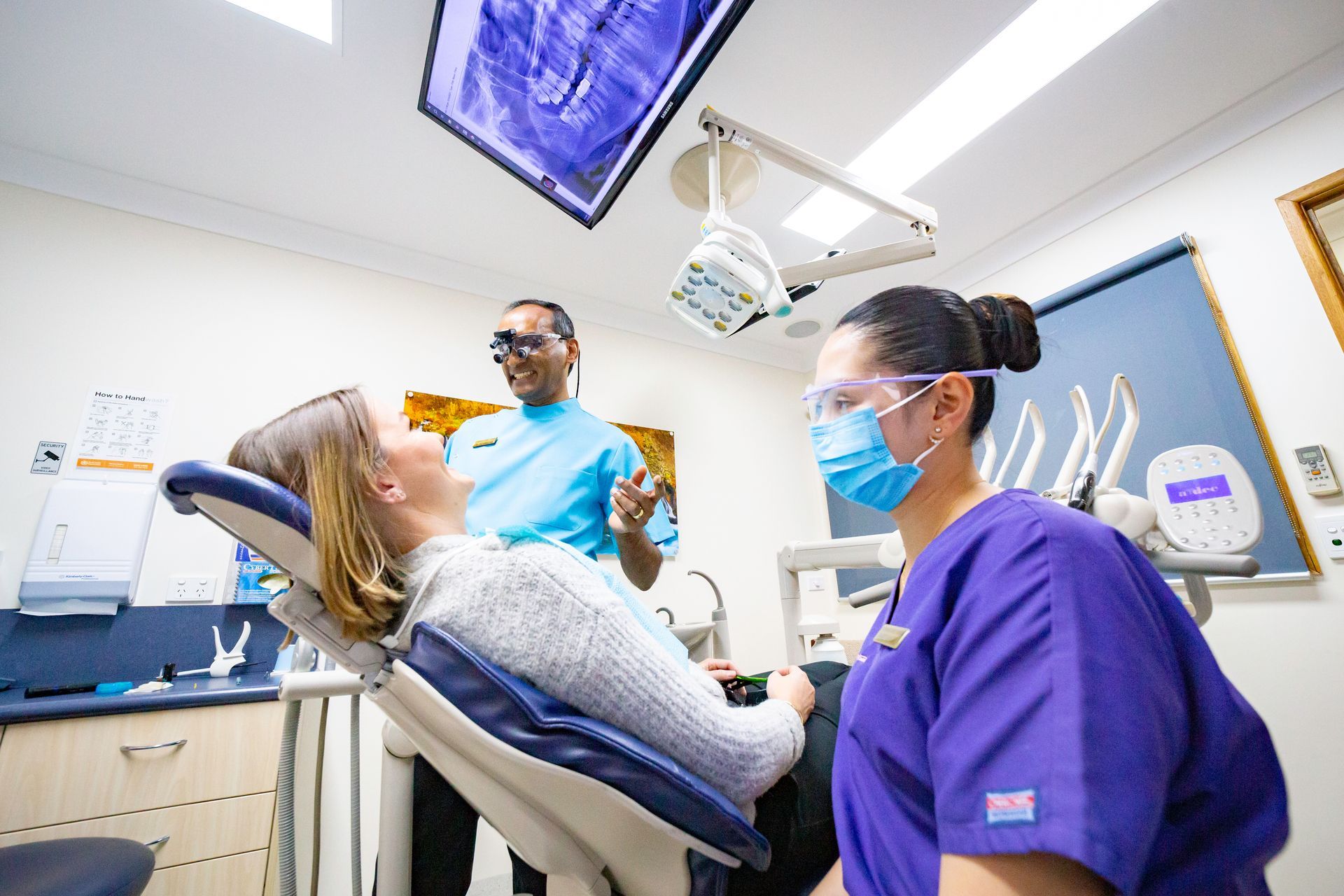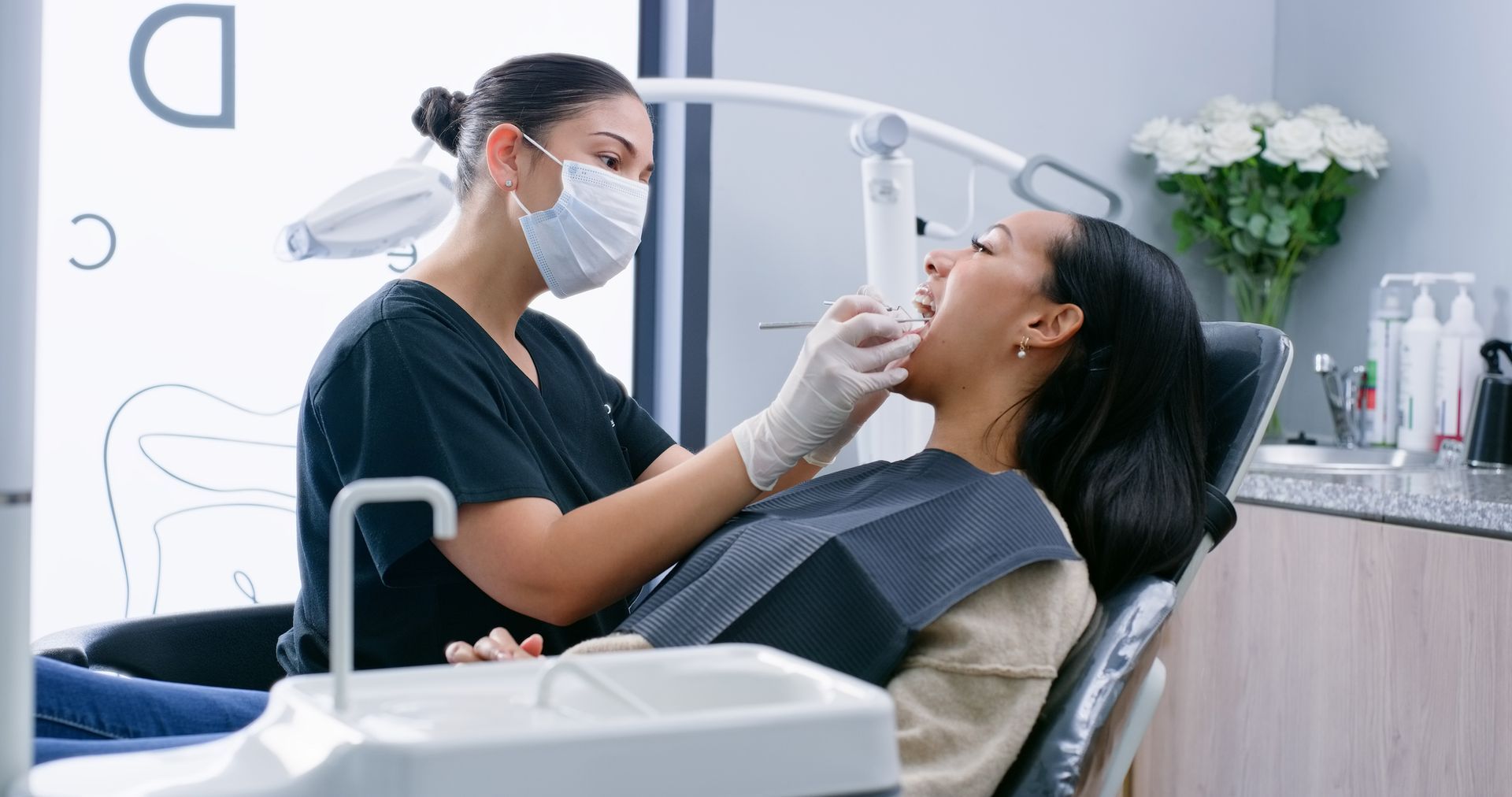Wisdom Teeth Extractions
Wisdom teeth, or third molars, typically emerge in late teens or early adulthood. While not everyone experiences issues, these teeth often cause pain, crowding, or infection—especially when impacted or only partially erupted.
Why Wisdom Teeth Can Cause Problems
Most wisdom teeth issues arise due to limited space in the mouth. This overcrowding can lead to pain, swelling, infection, and potential damage to nearby teeth or tissues. In some cases, removal is recommended before starting orthodontic treatment.
Common Symptoms of Problematic Wisdom Teeth
You may need your wisdom teeth assessed if you're experiencing:
- Jaw pain at the back of the mouth
- Swollen, red, or bleeding gums
- Bad breath or a foul taste
- Headaches
- Difficulty opening your mouth
If left untreated, trapped wisdom teeth can lead to infections, cysts, or gum disease.
When Removal Is Necessary
Extraction may be required to prevent or treat:
- Infection and inflammation
- Tooth or jaw damage
- Development of cysts or decay
- Interference with orthodontic treatment
Our experienced dentists at Kitchener Street Dental can assess your situation and recommend the best course of action.
Managing Wisdom Tooth Pain at Home
While waiting for your appointment, these tips may help ease discomfort:
- Pain relief: Use over-the-counter medications as advised by a pharmacist. Never place tablets directly on the tooth.
- Saltwater rinses: Rinse with warm salty water to reduce inflammation and promote healing.
- Oral hygiene: Gently brush and floss to keep the area clean and avoid infection.
Emergency Dental Appointments – Toowoomba
If you're in significant pain, we offer same-day emergency appointments. Contact our friendly team for fast support and professional care on 07 4638 5111.
Experiencing discomfort from wisdom teeth? Call Kitchener Street Dental on 07 4638 5111 to book a consultation with our friendly Toowoomba team.







